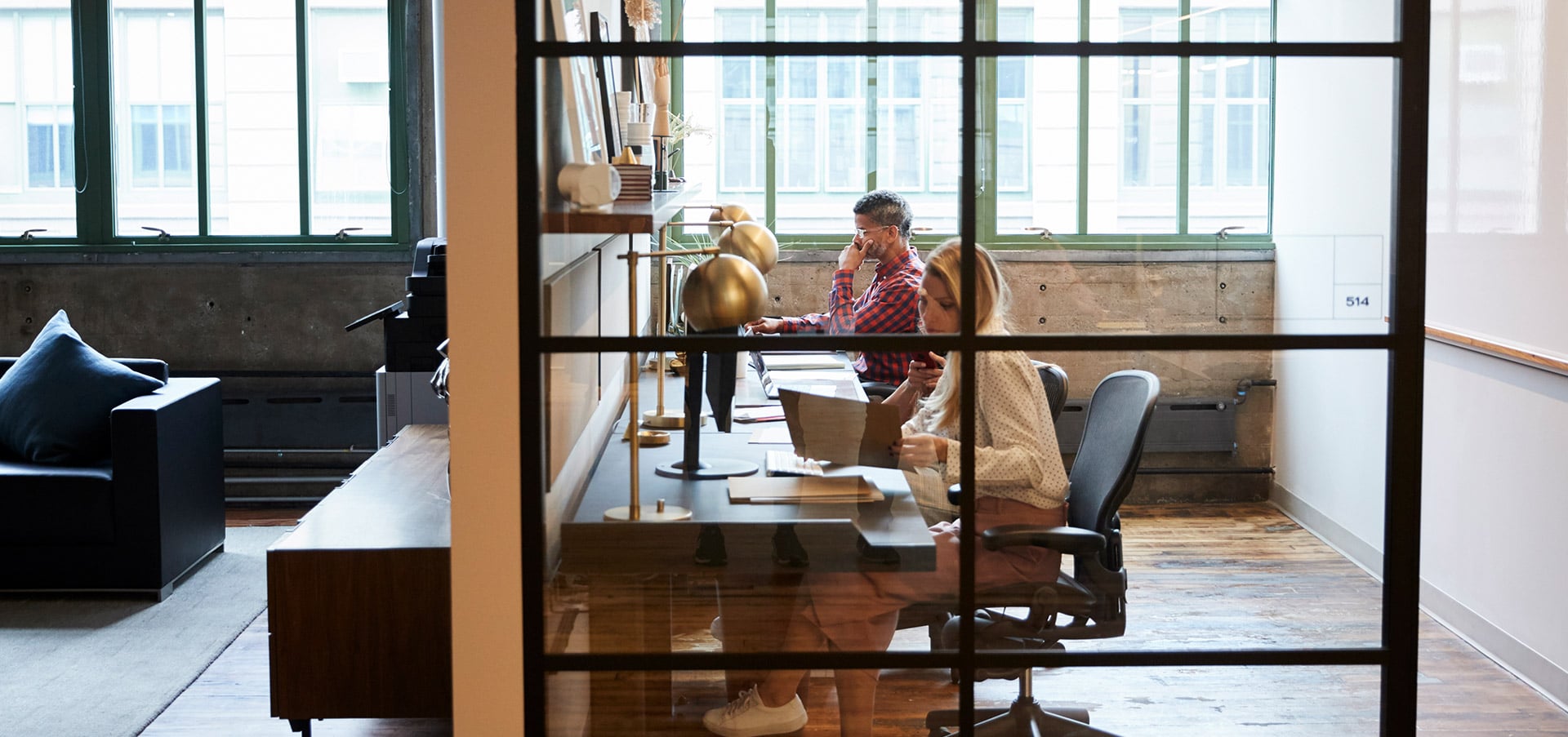SCOTTSDALE, Ariz. – What does real estate investment look like in the wake of COVID-19? The answers might surprise you. In this hour-long webinar about market insights, Caliber CEO Chris Loeffler, Vice President of Acquisitions and Development Rodney Riley, and Senior Vice President, Private Client, Greg Talcott explored the opportunities and deals shaping this new economic landscape—many of which were not available at the end of 2019. Here’s what they discussed:
HOSPITALITY MARKET UPDATE
As a result of COVID, the hospitality sector of real estate is considered to be in the danger zone, forcing out property owners who do not have enough cash to withstand the unstable economy. But, like every recession, it can also present opportunities for creative investors to take advantage of the market.
“Some of the deals we have seen are fully renovated properties being offered for sale at a 40% discount to their prior price, even four months ago,” Loeffler says.
As consumers ramp up travel, hospitality properties will see a resurgence. While it’s not entirely certain when this will happen, Caliber is able to use its other hospitality properties as a method of measurement.
“We’re seeing in the last 72 hours prior to the day of booking that [our hotels are increasing by] 20% occupancy in three days, unexpectedly, because people are starting to travel again and things are starting to happen,” Loeffler explains. “As far as Caliber goes, we will know if hospitality is picking up again.”
RETAIL MARKET UPDATE
The retail market was left battered in the wake of the pandemic. Nevertheless, communities have continued to support businesses.
“There are several restaurants that I frequent and have continued to frequent during COVID that have actually increased sales because they have done an incredible job at takeout,” Riley says.
Other types of retail businesses have been forced to pivot and keep an innovative mindset.
“Restoration Hardware announced today that they’re going to start converting properties into short-term apartment homes,” Loeffler says. “And [they plan to] construct Restoration Hardware-branded hotels, using the power of their brand to acquire these properties, probably for cheap because of the distressed market.”
Loeffler remains optimistic, thanks to these clever opportunities to pivot. “The retail market is going to be different, but it’s going to be OK.”
OFFICE MARKET UPDATE
With COVID-19 forcing many to work from home, companies are finding that employees prefer this option—and it improves overall productivity. As a result, this may be one of the most substantially affected markets in the longterm, especially for high rises and major office buildings that cannot easily convert into something new.
No one quite knows the fate of office buildings just yet. Workers became disenchanted with prominent high-rise buildings following 9/11. But this trend was short-lived, leading to a boom in high-rise office sales. There could be a similar shift in the years following the pandemic once workers begin to crave interaction and collaboration with team members.
INDUSTRIAL MARKET UPDATE
The industrial market is expected to thrive in Phoenix. Many manufacturers and distributors are moving operations to the U.S. in the wake of COVID-19 and trade war tensions with China.
Caliber plans to take advantage of this opportunity by converting unused offices into industrial space.
“Looking at half-completed and failed developments in the office and industrial space right now and over the next year or two will likely be a winning strategy [of ours],” Loeffler says.
MULTI-FAMILY MARKET UPDATE
The effects of the recession on the multi-family market is mostly dependent on property class. Class C properties are typically occupied by lower socioeconomic groups with less cash reserves and a higher rate of unemployment.
Class A properties, on the other hand, will most likely prosper. High-income earners typically have more job stability, which has proven true even in a pandemic. As such, luxury housing performance has remained relatively stable in Phoenix.
SELF-STORAGE MARKET UPDATE
Caliber anticipates a steady, if not increasing demand, for storage units during and beyond the pandemic. With many choosing to work from home, workers and employers may use storage units to hold office furniture and supplies. Conversely, those working remotely may also choose to convert unused rooms into office space and require storage units to house unused furniture.
POTENTIAL REAL ESTATE DEALS
Prior to COVID-19, Caliber had a pipeline estimate of about $500 billion. And with new deals on the horizon, there is potential to grow that figure.
Caliber is negotiating the purchase of a newly built, multi-family housing unit in Austin, Texas, with potential for substantial discounts due to the current market. The property is located within a qualified Opportunity Zone, offering tax advantages for investors.
Caliber also has its eye on a value-add multi-family property in Reno, Nev., with 300 units. Ideal location and good bones present tremendous opportunity—and, again, attractive discounts due to recession concerns.
The company will continue to utilize its team of expert individuals to thoroughly evaluate the markets and make cautious and educated investing decisions.
Listen to the full market insights webinar above and follow Caliber on Facebook, Twitter and LinkedIn for announcements of our upcoming webinars.
